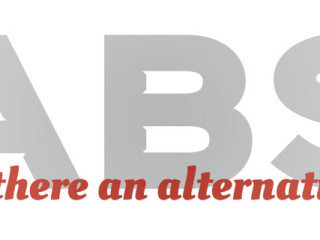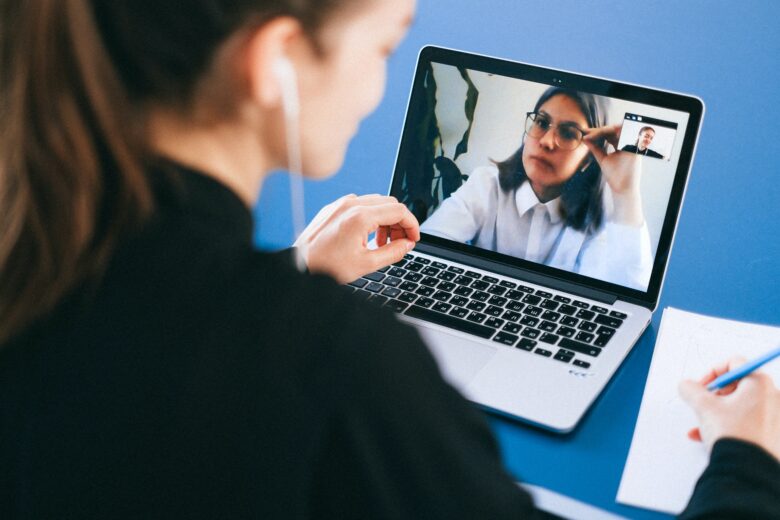Full Decision
Recently, the Federal Court offered its guidance on virtual trial procedure in Rovi Guides, Inc. v. Videotron Ltd.
In this case, the trial began in March but it was brought to a halt due to COVID-19. It continued in May and became the first trial conducted electronically with witnesses and cross-examinations in the Federal Court.
Before the resumption of trial, Justice Lafreniere provided detailed directions on how to conduct the trial using Zoom. A brief summary of the protocol is set out below.
Technology and Court Preparation
The Court mandated that the hearing will be resumed using Zoom and it is not to be used for recording video or other images of the proceeding. Counsel shall take reasonable steps to ensure that they have suitable technology, including Internet and audio-visual connections, to allow for the conduct of the virtual portions of the trial. The Court required all counsel to jointly prepare a list with back-up phone numbers of the assigned registry officer, the Court reports, the interpreter and all counsel for the parties to ensure all stakeholders can communicate with one another in the event that the Internet connection of one or more stakeholders is interrupted.
Witness Preparation and Testimony
The witnesses who are listed on the proposed schedule of witnesses will be treated as if under subpoena for the purposes of permitting counsel calling those witnesses to make alternative arrangements for the adducing of evidence, if the witness fails to appear on the Zoom platform at the planned time. While the witness is giving evidence, they should always keep their camera and microphone on and the camera should be positioned so that the trial participants can clearly see the witness, particularly their whole face and their hands if possible.
Objections
Counsel must physically raise their hand or otherwise to object to a question being asked of a witness. If poor internet connection prevents counsel from promptly raising such an objection, counsel is permitted to still raise the objection after the witness has already answered the question, provided that it is done so as soon as reasonably possible. The Court will then consider the objection and if ruled to be appropriate, the Court will disregard the answer given by the witness, and the witness’ answer will not form part of the record.
Loss of Internet Connection
In the event that there is a loss of an Internet connection, the trial will be adjourned until all “Essential Individuals” have a sufficient Internet connection to be able to meaningfully participate in the trial. The list of “Essential Individuals” depends on during the examination of a witness, any legal submissions or motions, or at any other times.
Generally
The registry officer will be the “host” and the trial judge will be “co-host” of the Zoom sessions. Trial participants shall not use the Zoom functionality for any private discussions. Trial hearing participants may use the Zoom chat functionality to share information intended to be disseminated to all parties (e.g., a password to a document). The trial judge and the registry officer shall have the ability to use the chat function to communicate between themselves. During breaks, as much as it is practicable, participants shall mute their microphones and turn off their cameras for the duration of the break, rather than disconnecting from the Zoom session. At the appointed time, participants shall turn on their cameras to signal that they have returned from break.












